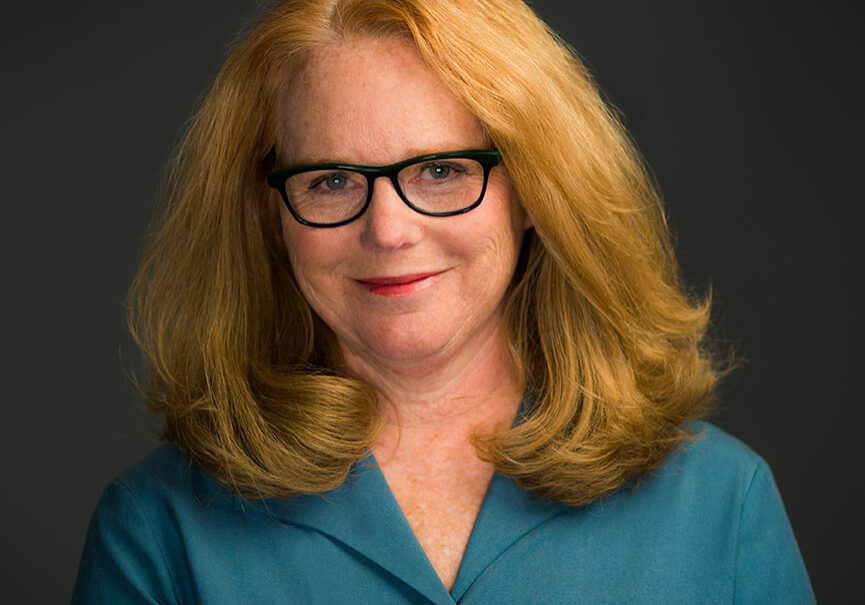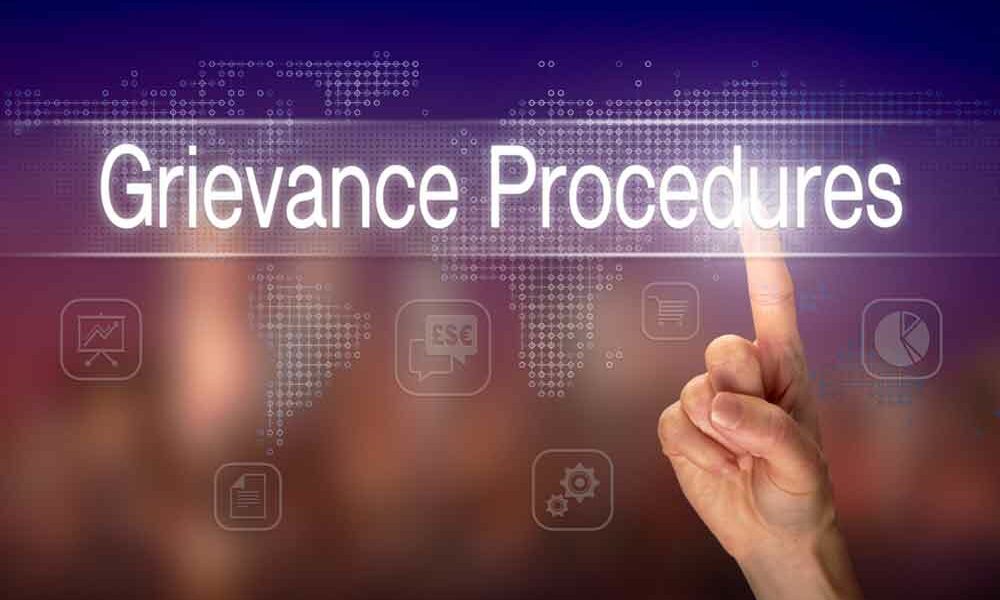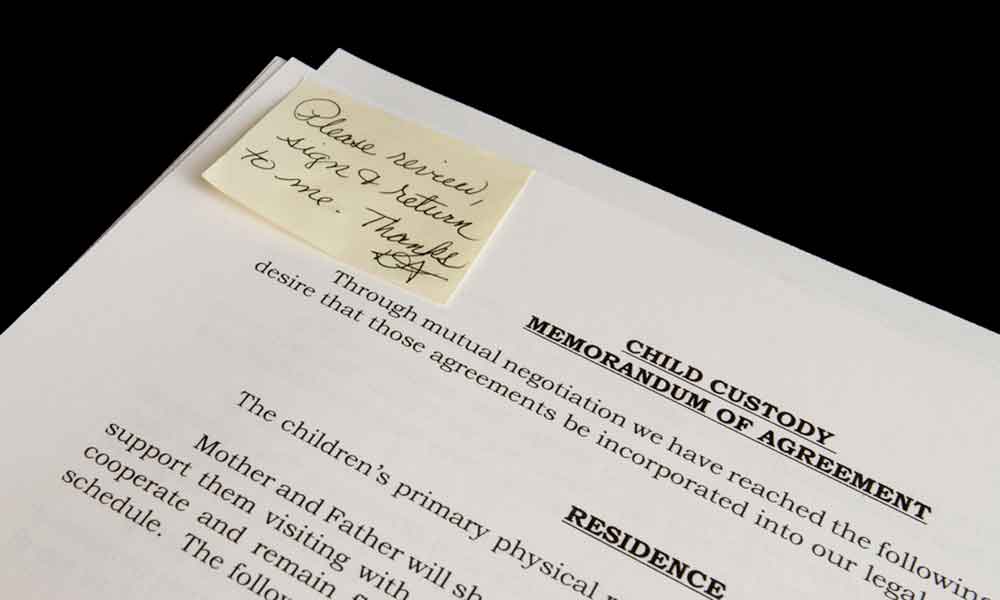MEDIATION - FACILITATED SETTLEMENT CONFERENCES
LASTING RESOLUTIONS TO CONFLICT
ABOUT MEDIATION
Who can use mediation?
Anyone can use mediation including individuals, families, neighbors, youth, businesses, non-profits, churches, schools, government agencies, and civic organization.
Why mediation?
Mediation is private and confidential. It is a safe place to talk about conflicts and how to resolve them. It may take just one meeting with the mediator or it might take several meetings. Meetings may include everyone or the mediator may meet with each side separately – its up to you and your comfort level.
Mediation is less expensive than going to court for many reasons. First, you do not have to pay the filing fees to get a case started in court. You do not have to have a lawyer with you in mediation unless you want a lawyer with you. You do not have to miss work for days to attend multiple court hearings and a lengthy trial. You only have to pay half of the mediator’s fees but you can divide it any way that everyone agrees is fair. The mediation is scheduled when everyone is available and that gives you the flexibility to accommodate your work and family responsibilities.
In mediation, the outcome of the dispute is up to you. You won’t spend a lot of time and money in court to get a judge or jury’s decision that doesn’t work for you and that you cannot afford. In mediation, you only pay what you agree to pay and when you agree to pay it. The mediator will help you weigh the benefits and risks of settlement offers but you will decide whether or not to settle the dispute.
Mediation is appropriate and can be successful in a variety of matters including, but not limited to, the following:
What does medication cost?
In a court ordered case, the mediation cost is set by statute. The mediator fee in NC is a $175 scheduling fee and $150 per hour for the mediator’s time in session with you and, if you request, preparing a summary of your agreement. In a private mediation outside of court, the mediator sets his/her own hourly rate.
Unless you agree otherwise, you are only responsible for half of the mediator fee.
What is mediation?
Mediation an alternative dispute resolution process – in other words, it is getting a settlement without going to court. It is talking, listening, thinking, evaluating and decision-making. Mediation is safe, confidential and respectful. The mediator will help you explore all the possible ways to solve the problem but leaves all of the decision making to you and the person you are in conflict with.
Mediation is not a trial. You can speak freely – legal rules about evidence and court procedure do not apply. The mediator will not make your decisions for you. You can have a lawyer with you in mediation but you can also participate in mediation without a lawyer. You can privately consult with your lawyer, family, friends or associates during the mediation.
Mediation is hard work but apparently what you have tried so far hasn’t worked. It may be worth your time and money to try mediation. It is quicker and less expensive than going to court. In a court ordered mediation, the mediator determines when the clients have reached an impasse and stop the mediation. In a private mediation, you are free to withdraw from mediation at any time and for any reason. Even if you don’t settle your dispute in mediation, you will learn valuable information about the other side’s position, the strengths and weaknesses of their case and their goals. That information will help you prepare your case for trial and you can still continue to reach out for a settlement.
What does the mediator do?
The mediator listens to both sides to understand the problem and will ask a lot of questions to learn more about your needs and interests. The mediator will help you explore all the possible ways everyone can think of to settle the dispute. Mediators have special training and experience in helping people solve problems. Many mediators are lawyers, retired judges, or other professionals. Mediators enjoy working with people and want to help you work through issues that are making it difficult for them to move forward.
If there is a pending court case, the judge may order the parties to mediation with a certified mediator who has special training and experience. Whether it is a court case or not, mediators will not make any decisions for you, they cannot give you legal advice and are prohibited from drafting legal contracts and agreements for you. Mediators can write a summary of agreements made in mediation. The summary can be taken to a lawyer of your choice to get legal advice and to draft any needed contracts, consent agreements, custody and/or separation agreements. If a mediator determines that the dispute is not going to be resolved, then the mediator is ethically required to stop the mediation and declare an impasse. It is not fair for the mediator to continue to charge you if reasonable progress is not being made towards a settlement.
Where does mediation take place?
Mediation can take place anywhere. It can be in the mediator’s office, an attorney’s office, a courthouse, a business, a school, outdoors or any safe place where you can have a private conversation. Due to COVID-19, mediations were changed from in person to sessions held by Zoom or other types of video conferences. Video conference mediations offered several advantages to clients because they could mediate from any location and outside of normal business hours. Zoom or other video conference mediations proved to be just as effective as in person mediations and will remain an option for clients.
When does mediation take place?
Mediation takes place whenever the parties and the mediator agree to mediate. You can mediate to try to settle conflicts before filing a court case or you can mediate while a court case is pending or even if it a case on appeal to a higher court. Most mediations are scheduled Monday – Friday during standard business hours but some mediators will meet with you on evenings and weekends as their schedules allow. Unlike court, mediators don’t pick a date to meet and tell you to be there. They work with everyone involved to get a date and time that works for all. If it is a court ordered mediation, the judge will issue an order that tells you how long you have to finish the mediation but it will be up to the parties, the attorneys and the mediator which day they schedule for mediation as long as it is before the court deadline. The mediator is responsible for setting the date and complying with any court deadlines. After a court deadline passes, the judge will have to enter a new order setting a new deadline before the mediation can continue.
DECADES OF CONFLICT RESOLUTION EXPERIENCE

REBECCA KNIGHT
Mediator | Arbitrator
Certified Superior Court and Family Financial Mediator
Former Lawyer, District &
Family Court Judge

MARVIN POPE
Mediator | Arbitrator
Certified Superior Court and Family Financial Mediator
Former Lawyer, Superior,
District & Family Court Judge
Important Information

IMPORTANT INFORMATION
These articles can help you get the most out of your settlement conference and answer common questions people have about mediators, mediation, and arbitration.

















